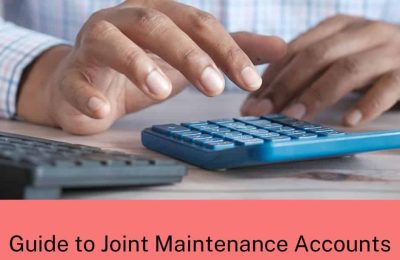Landlords – Frequently Asked Questions
Looking to purchase a buy-to-let property in 2023? Here are the most frequently asked questions from potential landlords to help you on your journey. Where is the best place to buy? There are many different areas across Edinburgh where people are looking to rent. Hotspots at the moment are suburban areas like Corstorphine and Murrayfield, …
Read more >





